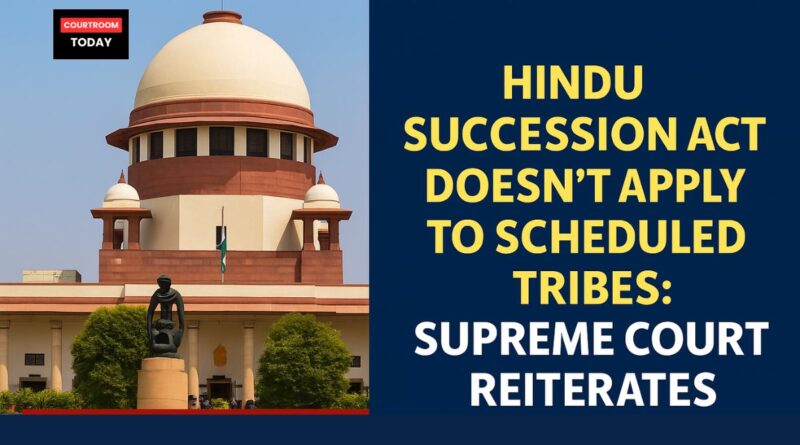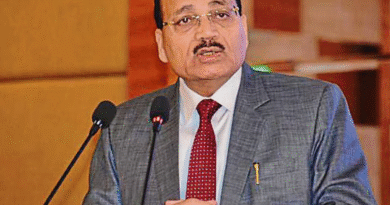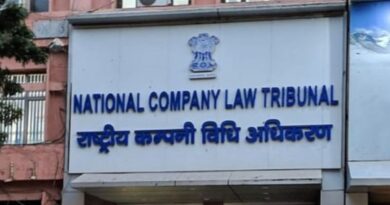Supreme Court Reaffirms: Hindu Succession Act Does Not Apply to Scheduled Tribes
The Supreme Court has once again clarified that the Hindu Succession Act, 1956 (HSA) does not apply to members of Scheduled Tribes.
A Bench of Justice Sanjay Karol and Justice Prashant Kumar Mishra set aside a decision of the Himachal Pradesh High Court, which had directed that daughters in the State’s tribal areas should inherit property according to the Hindu Succession Act instead of following traditional tribal customs.
The apex court held that the High Court’s order was contrary to Section 2(2) of the Hindu Succession Act, which clearly states:
“Nothing contained in this Act shall apply to members of any Scheduled Tribe within the meaning of clause (25) of Article 366 of the Constitution unless the Central Government, by notification in the Official Gazette, otherwise directs.”
The case arose from a 2015 judgment of the Himachal Pradesh High Court, where the court had observed that daughters in tribal areas should be governed by the Hindu Succession Act to avoid “social injustice and exploitation.”
However, the Supreme Court noted that such directions were beyond the scope of the case, as the issue of inheritance among tribal communities was not one of the questions argued before the High Court.
Referring to its earlier ruling in Tirith Kumar & Ors. v. Daduram & Ors. (2024), the Bench reiterated that Scheduled Tribes are specifically excluded from the application of the Hindu Succession Act.
The Court observed:
“In view of the provisions of Section 2 of the Hindu Succession Act, 1956, such directions could not have been issued by the High Court, especially when the issue was neither directly nor substantially involved in the appeal.”
The Bench further pointed out that the Himachal Pradesh High Court’s directions were not based on any issue framed in the case or arguments presented by the parties.
In previous judgments, including Tirith Kumar (2024) and Kamla Neti v. LAO (2023), the Supreme Court had already urged the Parliament and the Central Government to consider extending the Hindu Succession Act to Scheduled Tribes through an appropriate amendment.
Until such a notification or amendment is made, the customary laws of tribal communities will continue to govern matters of inheritance and succession among Scheduled Tribes.
Case: Nawang and another v. Bahadur and others
Citation: 2025 LiveLaw (SC) 1025
Appearances: Adv. Rebecca Mishra (Amicus Curiae); Adv. Rajesh Gupta (for the appellant)





